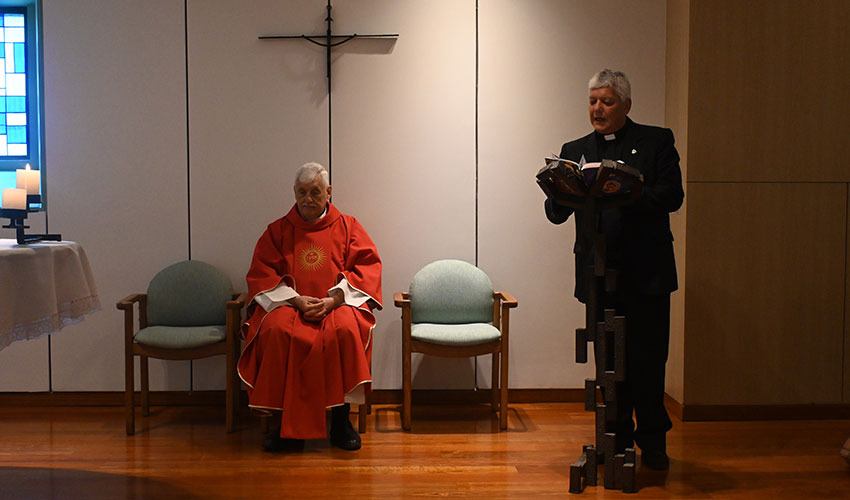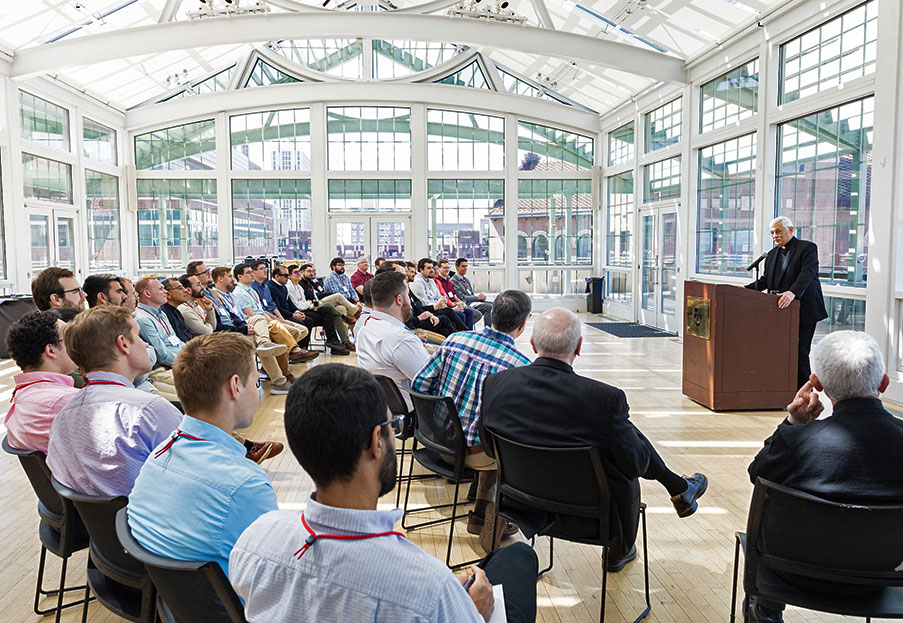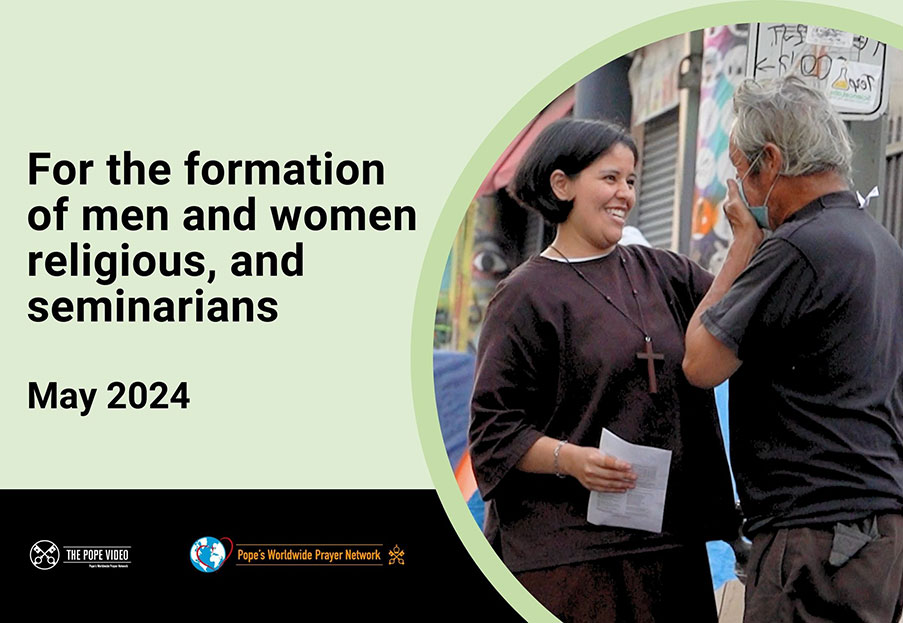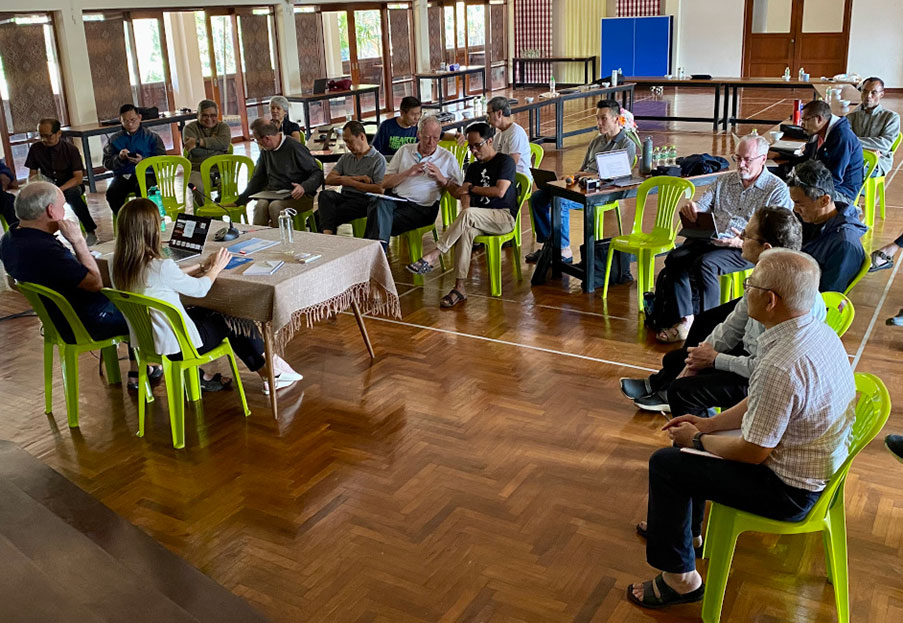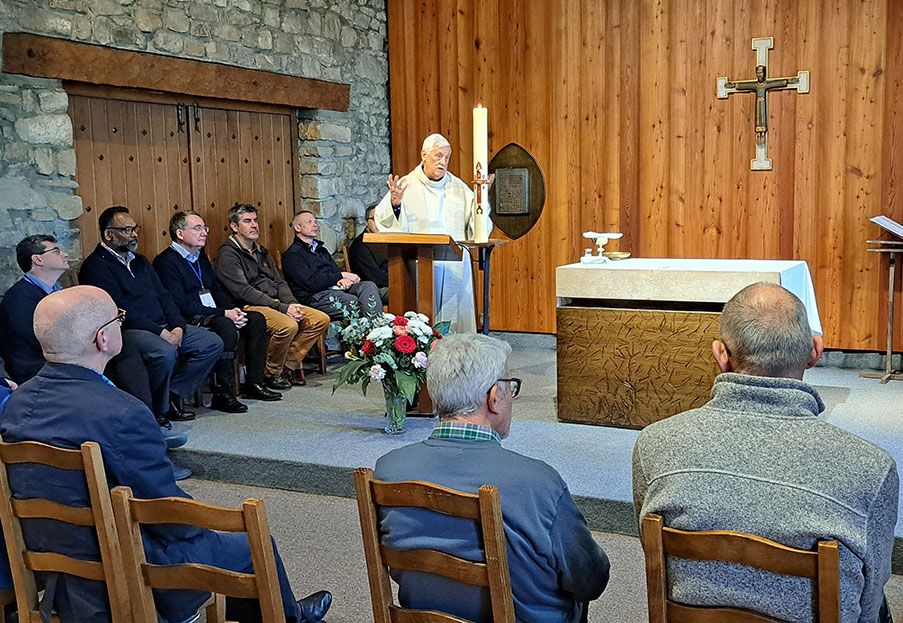Father General visits the Pontificia Universidad Javeriana
If there is one Jesuit institution known and recognized in Colombia - and far beyond its borders - it is the Universidad Javeriana. Founded in 1623, it was an important center of teaching and research until 1767, when Jesuits were forced to leave what was then called the “New Kingdom of Granada.” This was some six years before the suppression of the Society of Jesus by Pope Clement XIV, who was acting under various political pressures. It was not until 1931 that the Jesuits were able to reopen La Javeriana. Since then, the university has grown and developed over the decades, striving to offer a higher education characterized by the principles of Jesuit education.
On
22 June, Fr. Arturo Sosa, Superior General, visited the Javeriana. He
participated in an encounter with representatives of the different bodies of
the institution. The theme chosen for the meeting was: “Which university for
which country?” He was welcomed by the new rector, Fr. Luis Fernando Múnera
Congote. We asked the rector what he sees as the challenges facing a university
such as the one he is leading in order to fulfil its “Jesuit” or “Ignatian”
vocation in today’s context. Here is what he told us.
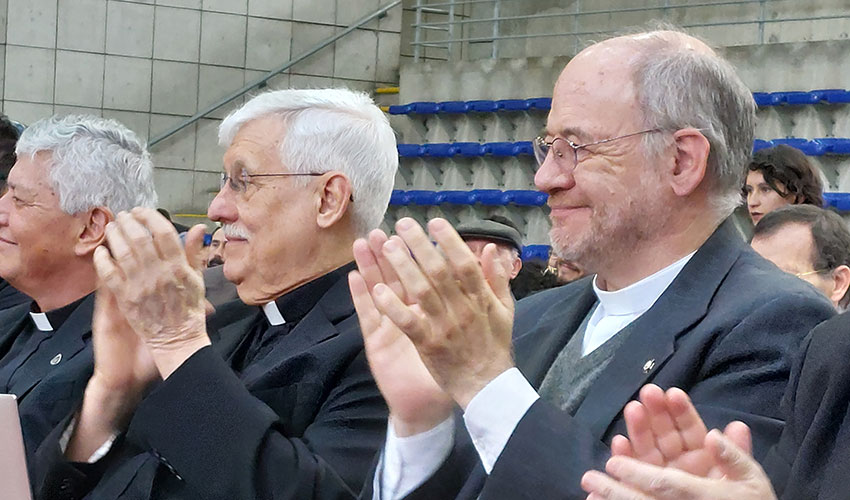
Luis Fernando Múnera:
“The Universidad Javeriana is a Jesuit University, that listens attentively to the orientations of the Society of Jesus and in its identity and way of proceeding it seeks to be creatively faithful to this inspiring horizon. Nevertheless, a Jesuit identity is not an achievement that is attained once and for all, but an open task and a permanent construction to which we have to commit ourselves every day.
To be authentically Ignatian and Jesuit requires constant discernment and an effort of coherence in our action, where we encounter many trials and challenges.
One urgent task is to respond to the challenges of sustainability in an integral way, beyond economic and financial sustainability, knowing that a quality apostolate requires the means to carry it out.
For
a Jesuit University, in order to fulfil its mission and social commitment, we
seek to form human beings and citizens who are compassionate and aware of the
world in which they live. Of particular relevance to this mission is a defense
of the democratic way of being: the defense of the equal dignity of persons, of
respectful, reasoned and open dialogue. A university must be a place where
everyone can meet and dialogue, a temple of democracy.
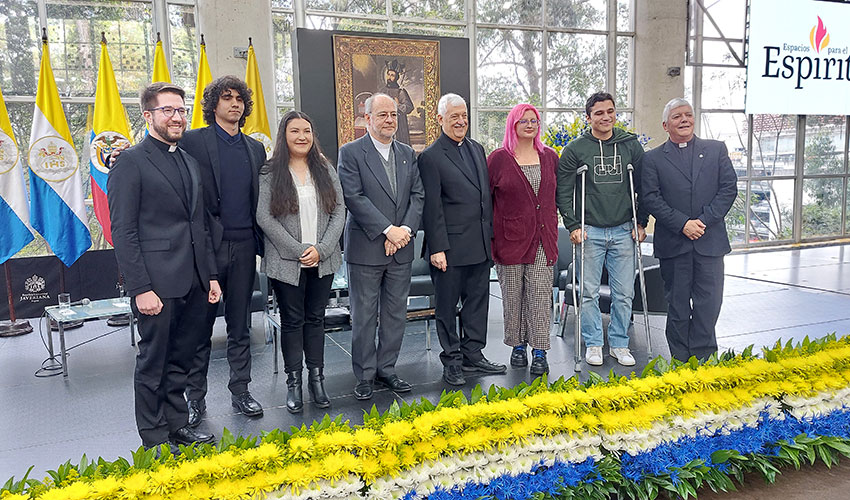
Among the many challenges and missions of the University today, the situation of young people, their fears and uncertainties, requires us to be very attentive to cura personalis, as a very valuable feature of our educational project. The Universidad Javeriana considers that the articulating axis of the functions of the University, teaching, research and service, is to be found in integral formation, a process that the whole university community lives.
Making
this University a university environment where we all learn from each
other, where we have meaningful human exchanges and live out a meaningful life
project is a great challenge for the Javeriana of today and of the future.”
